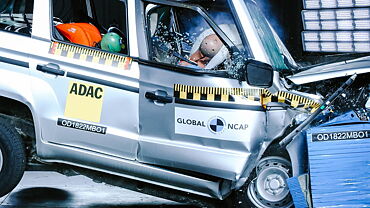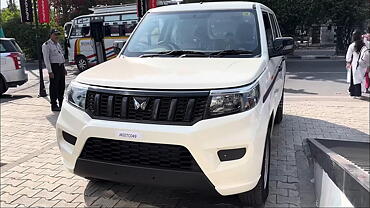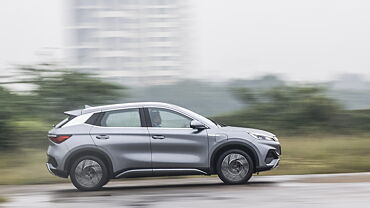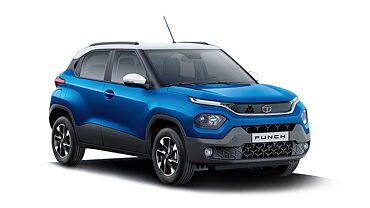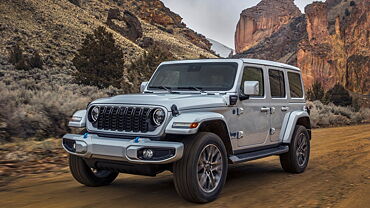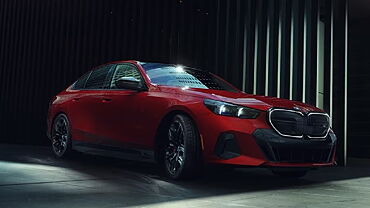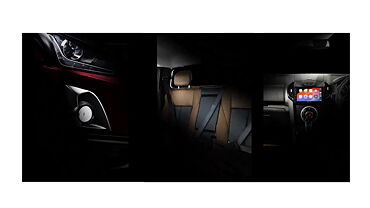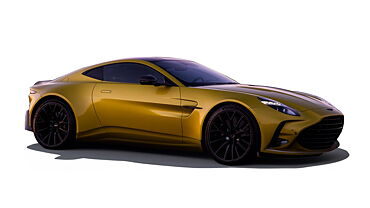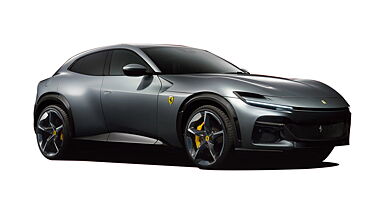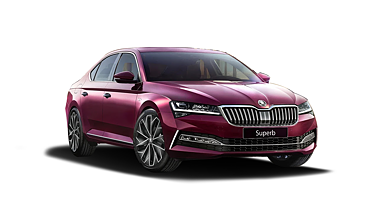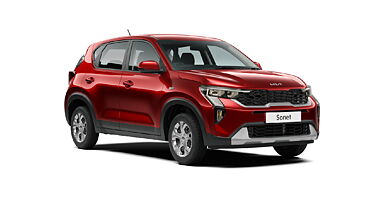Considering the boom that the automobile sector has witnessed in the recent past, umpteen number of cars prevail in the market today. This has added to the quandary of a potential car buyer, as to which one to choose from. One question that a car buyer is likely to ponder on while planning to own a car is 'Whether to opt for a diesel or a petrol car?'. Since both have their pros and cons, it would be appropriate to mention that on some or the other ground one surely overshadows the other. While a diesel car is perfect for long routes, thanks to its fuel economy, a petrol variant on the other hand is best suited for city roads, where they are usually not driven for a distance any longer than 50 km, a day.
Two of the most prominent factors to take into account while deciding on the variant of the car are cost and fuel economy. Though diesel cars have always been more expensive than petrol vehicles on account of mileage, the former is better bet than the latter. While a litre of petrol could help you travel about 15 km, the same litre of diesel would cover an extended distance of around 21 km. However, it is no longer feasible to just opt for a diesel variant in order to save on the fuel cost as it is in common knowledge of people that the price gap between petrol and diesel is minimising day by day. But in the end, it is completely up to a customer as to which fuel powered car they wish to choose, depending on the usage. To make the job less tedious for a prospective automobile buyer, some of the best-sellers in both petrol and diesel versions can be easily listed basis on the segment.
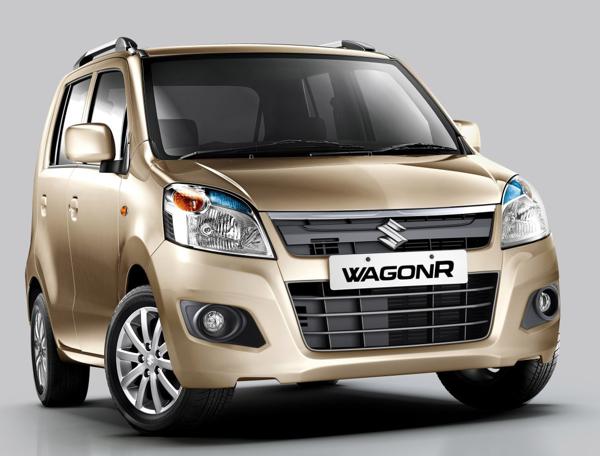
To begin with hatchbacks, it's the petrol cars that enjoy a major share of the overall market, but the scenario is expected to take a 180 degree flip with year-on-year introduction of quality diesel hatchbacks. Among the entry level hatchbacks that come with a petrol engine some of the hits are Maruti Suzuki Alto 800, Maruti Suzuki WagonR and Tata Nano. The common factors that have attributed to their popularity are affordability, fuel efficiency and compactness. Despite the innumerable positives, the premium diesel version hatchbacks still steal away the show from petrol variants. Two of the top sellers of this segment are Maruti Suzuki Swift and Chevrolet Beat with respective mileage of 22.9 kmpl and 25.4 kmpl, on highways.
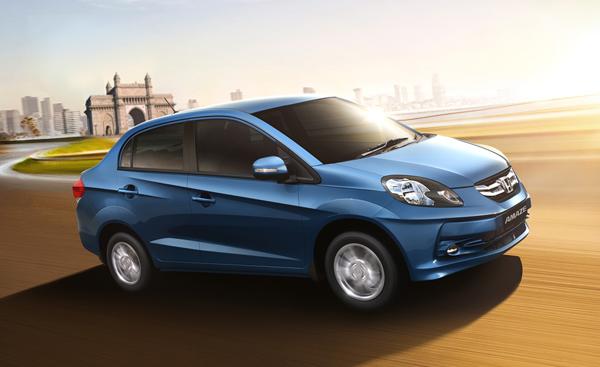
Moving onto sedans, it is the demand for diesel versions that has risen substantially in recent years and struts being the biggest gainer in terms of market share. Some of the modernistic on-road sedans that boasts of a lofty growth curve are Hyundai Verna, Honda Amaze and Maruti Suzuki Swift DZire. Each of these opulent vehicles have a distinguishing feature of its own, which makes them a popular choice among buyers. The Maruti Suzuki Swift DZire is backed by its brand value, Hyundai Verna is engineered with cutting edge technology to befit the fluidic sculpture design and Honda Amaze is highly fuel efficient with a mileage of 25.8 kmpl on highways as per company claims.
Lastly, Sports Utility Vehicles (SUV) have recently seen a rise in demand, comprising both petrol and diesel version. Two models that have galloped far ahead of their rivals are Renault Duster and Ford EcoSport. According to industry experts, people who have to travel for short distances in the city can opt for petrol versions of these models. However, diesel variants have earned a lot of praise due to their efficiency and powerful performance.



